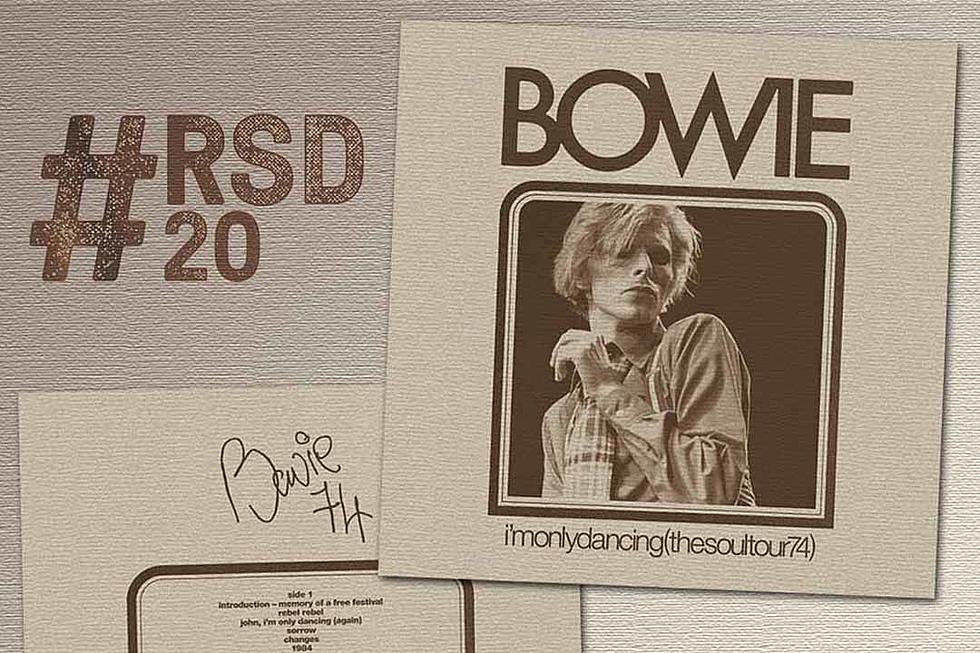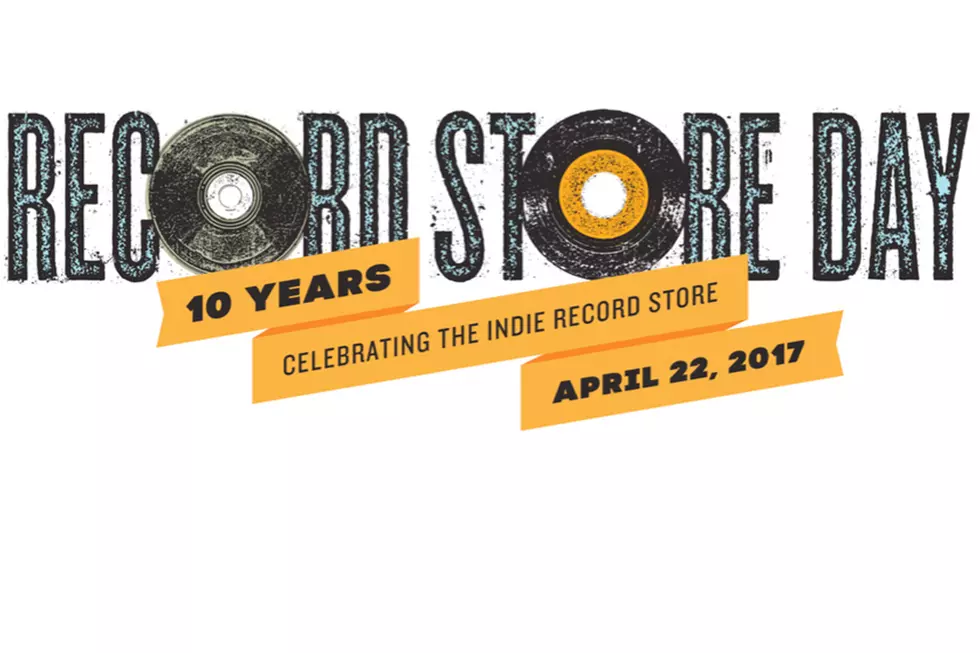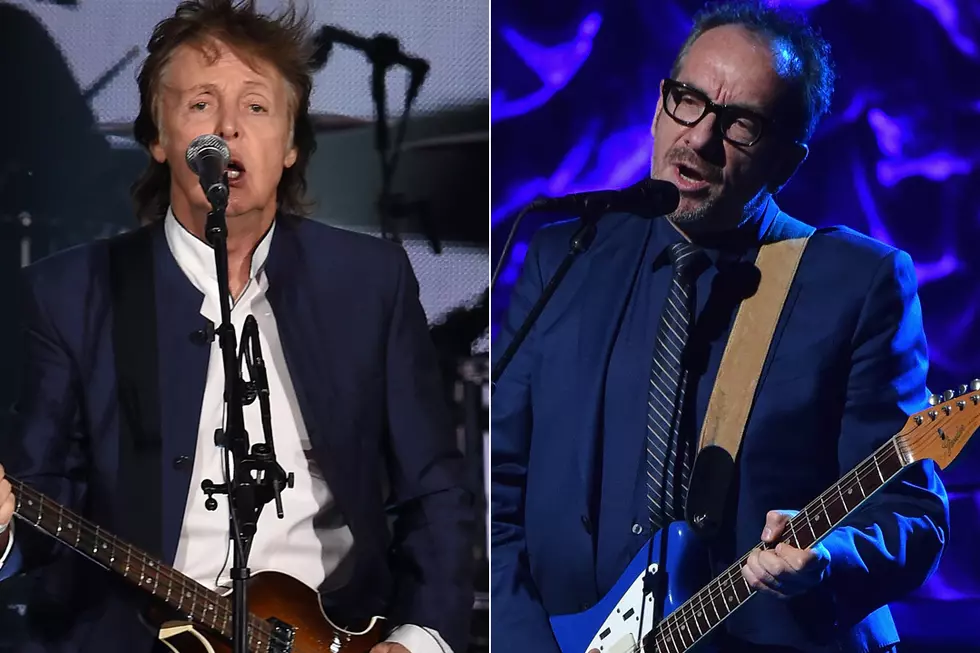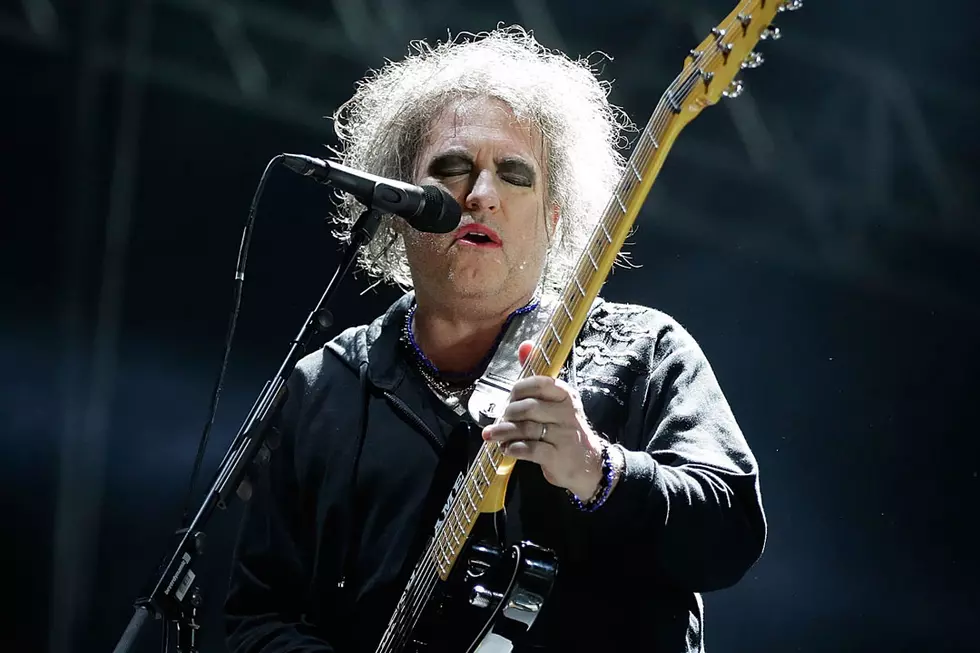
Why I Won’t Be Going to Record Store Day (But I Hope It Lasts Forever)
Like every other red-blooded music geek, I’ve experienced varying levels of anxiety regarding the state of music retail over the last 15 years or so, and I look forward to visits to my local shop as much as the next cratedigger. But I’ve never turned out for Record Store Day, and I’ll be staying home again this April 18 — although I think our shared music-buying holiday is hugely important and hope it continues indefinitely.
Let me explain.
There’s a fundamental disconnect between the zoolike atmosphere of Record Store Day and the feeling that most music fans seek to achieve while they’re out browsing.
As I explained during the fourth episode of Diffuser Radio, I think there’s a fundamental disconnect between the zoolike atmosphere of Record Store Day and the feeling that most music fans seek to achieve while they’re out browsing. What’s the big thing proponents of physical retail always return to when they’re preaching the gospel of setting foot in a store? It’s that happy internal frequency you dial to when you’re browsing — either because you end up finding something you didn’t know you were looking for, or because you’re simply able to get lost in the peaceful hum only experienced by idle shelf-grazers with nowhere to go and nothing prodding them to get there.
Now, there’s definitely something to be said for congregating with dozens of like-minded people on a Saturday morning, especially if the end result is an eagerly awaited addition to your music library. But for me, a trip to the record store isn’t something that’s supposed to be shared with a crowd; hell, I’m the type of methodical browser who gives an annoyed side-eye to the guy who happens to be flipping through the bins in the opposite direction and threatens to block my passage through the next section of the alphabet (or worse, doesn’t offer an appreciative nod after we do that awkward record store dance around each other). I love the fact that the masses who turn out for Record Store Day help shop owners pay their rent, but that type of environment is only tolerable if you know exactly what you’re picking up before you get there — and who the hell goes to the record store just to get a few specific things?
This has nothing to do with the multitude of debates that continue to rage around Record Store Day’s alleged betrayal of its indie roots, or suggest that the event has grown too fast and strayed too far from its real meaning, or accuse record scalpers of yoinking RSD exclusives from the shelves faster than the real collectors can buy them at non-inflated secondary market prices. That stuff is all worth discussing in its own right, but it’s never kept me home. I just prefer to spend my record store hours in the sort of fugue state that flits out of reach when you’re elbow-to-elbow with a group of strangers.
And yet.
Much as it might bother some fans to think about the major labels using their distribution muscle to encroach on an indie-celebrating occasion — or to imagine fans lining up for blocks only to miss out on a copy of some tantalizing title that’s already on eBay for budget-busting prices — the impulse that drives this whole bonanza is not only well worth celebrating, but arguably crucial to music retail’s overall health and continued survival, and it’s been so thoroughly purged from the modern music fan’s experience that many younger listeners may no longer have firsthand experience of a feeling that was once common to all hardcore record collectors.
What we’re talking about here is the urge to own that only comes from perceived scarcity, and while a lot of the technological innovations that have swept the music industry over the last decade and change have probably done more good than harm, it’s still hard not to mourn the covetous thrill that came from stumbling across the last copy of an out-of-print LP at a shop, or paying outrageous prices to import some overseas-only title from an act who’d whiffed one too many times on our shores (or, God forbid, to get a couple of Japanese bonus tracks appended to an album otherwise available at the store down the street). When your opportunities to own or experience something are limited, of course you’re going to want it more — and appreciate it more once you actually get your hands on it.
That’s an increasingly foreign concept under the new model, in which files queue up into an infinite cloud waiting to be accessed with one of a dozen devices lying around the average consumer’s home. No one’s really complaining, of course, but no one has enough time to listen to all the music they own, either; in fact, it isn’t uncommon for most of the music fans I know to go wandering through their digital libraries and be repeatedly surprised by the stuff they own. And physical collections? More and more, they’re glorified backups for the data we carry on our various hard drives.
The same impulse, in other words, that drove us to gorge on every MP3 we could get our ears around (and then some, and then some) is the same one that ultimately ended up snipping the bittersweet tether that kept tugging us toward that weekly pilgrimage to the record store in the first place: The urge to break past every barrier between us and the wide world of recorded sound, to experience it all, to soak it into our sonic DNA before the next guy bought the last copy on the shelf or it was allowed to fall out of print and spend decades gathering dust in some company’s vault.
Before YouTube came along to offer a vast repository of instant gratification just waiting for the right search terms, people spent years actively hunting for records.
It may seem somewhat fantastical to younger readers, but that kind of thing actually did happen. Before YouTube came along to offer a vast repository of instant gratification just waiting for the right search terms, people spent years actively hunting for records — hell, sometimes even the people who played on them couldn’t find copies. During an early ‘90s interview with one former member of a soft rock band, I offhandedly mentioned owning a cassette of one of their late-period albums, and he asked if I could dub him a copy and mail it to him at home. Later in the decade, while selling a copy of a short-lived ‘80s supergroup’s second LP, I received an email from the guy who played drums on it, asking if I’d be so kind as to send him a copy. You get the idea.
That kind of thing is much less of a problem now (although plenty of wonderful albums remain sadly out of print and there’s still very much a collector’s market), but the problem that’s taken its place is arguably much more pernicious: As our access to the music increases, our bond with it necessarily weakens. There’s no barrier, so there’s no friction. The songs and albums pile up, more bits for us to stream through in our ever-expanding pop culture binge, until they begin to feel like way stations to the next new thing (at best) or obligations (at worst). When music appears instantly in your library, or gets barfed out at you by some well-meaning recommendation algorithm, you don’t really have to work to get it, and its ability to reach past all the clutter and really get its hooks in you is diminished.
This is not to say that a person can’t be moved by an MP3 — or that all (or even most) of the Record Store Day releases are worth rushing out to buy. But the hubbub the event invites is really the last large-scale reminder of a need that once defined the music fan, and stores that participate in RSD aren’t the only ones who’ve noticed it: Just look at the lengthening list of PledgeMusic artists who’ve funded projects by offering access to exclusive goods (be they physical swag or audio/video content). Even the act of chipping in for an album that won’t be released for months restores some of that missing friction that used to drive us so wonderfully mad; we’ve grown so accustomed to instant on-demand everything that simply <em>waiting</em> for something is sort of special.
Getting people, even for one day a year, to think about music as something they need to get their hands on before someone else takes it first is something worth celebrating.
So while I won’t be standing in line or threading through the crowds in person this Record Store Day, I will be cheering the existence of any event that reminds us it’s a lot easier to make people passionate about getting their hands on one of 1,500 limited-edition pieces of vinyl than it is to get them consistently worked up about a stream. It’s far from perfect, and there’s nothing wrong with passionately debating its flaws — but getting people, even for one day a year, to think about music as something they need to get their hands on before someone else takes it first is something worth celebrating.
More From Diffuser.fm









